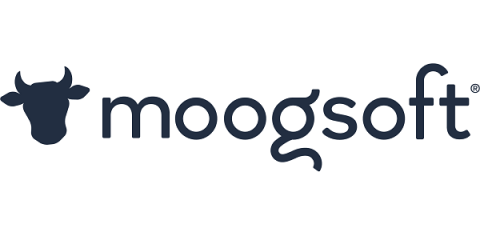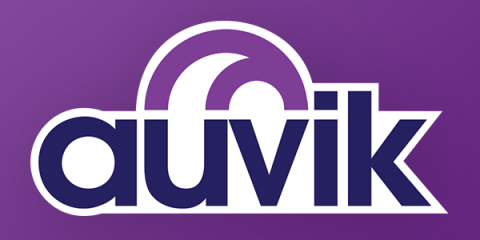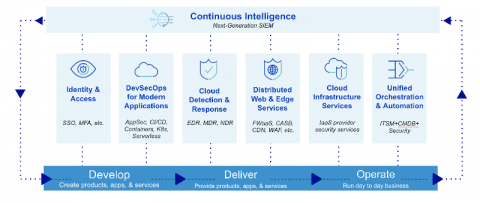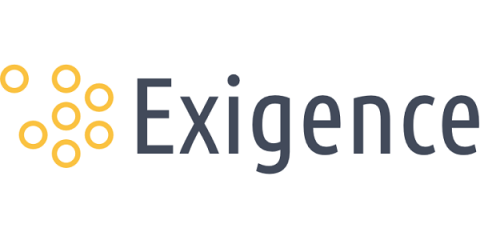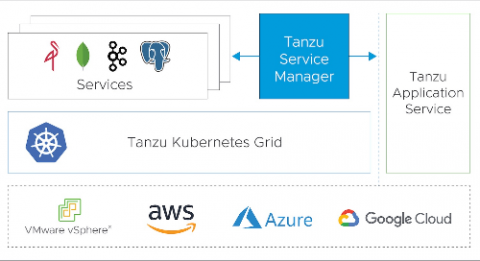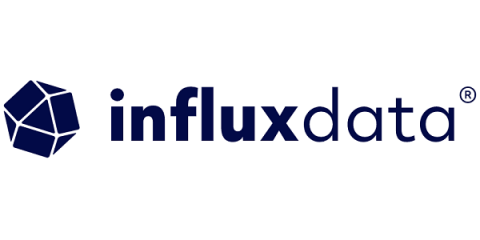Modern IT Systems Have Outgrown Traditional Monitoring
Legacy monitoring tools fall short for SRE teams and DevOps pros tasked with maintaining uptime of key applications in modern, cloud-based IT systems. To have visibility and control over these environments, these teams must collect and analyze more granular, underlying system information — observability data. This article explains why the only way for SRE teams and DevOps pros to extract the necessary insights from this data is through the application of AI capabilities.


